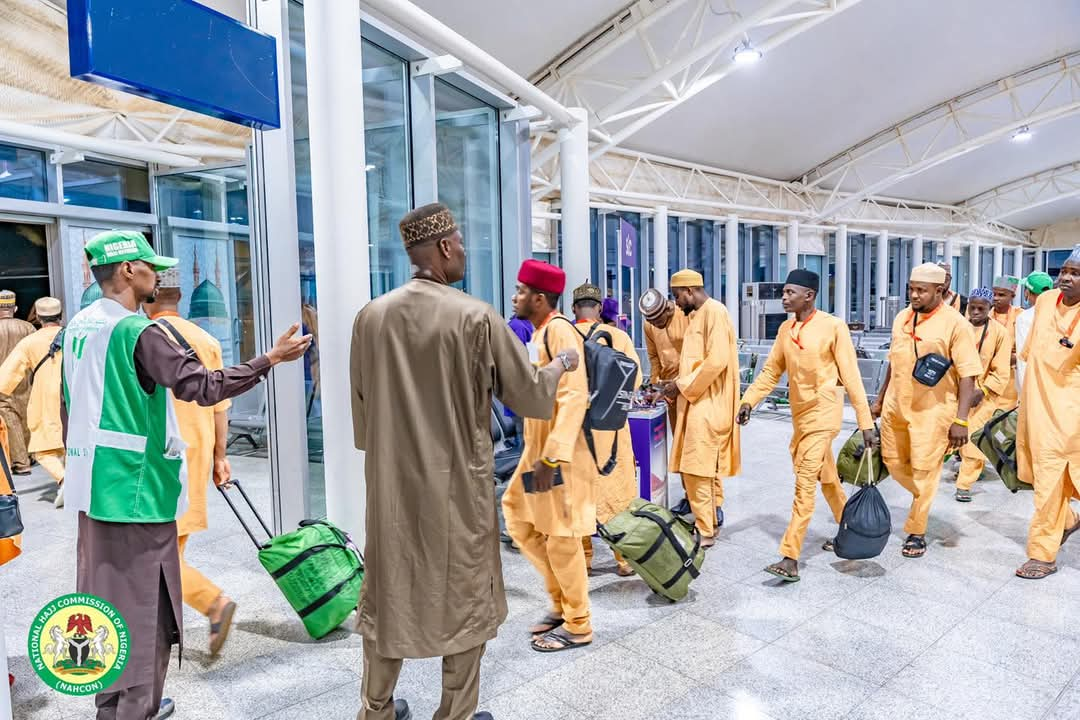When priests are killed, the killers also strangle a community's soul

[File, Standard]
Two Catholic priests have been killed in Kenya. The details remain unclear, the motives yet to be known. But even before the facts arrive, we are left with grief, a hole torn in the fabric of a people’s soul, and a silence that echoes too loudly.
To kill a priest is not just to take a life; it is to wound a community, to defile a calling, and to question the place of sacred things in public life. Priests do not merely preach; they hold space in the deepest human moments — birth, marriage, repentance, death. They counsel the troubled, defend the poor, and often stand as the final voice of reason when institutions collapse. When such lives are extinguished, we must not rush to speak. We must first feel the weight.
This is not only a Catholic grief. It is a national sorrow. For decades, the Catholic Church has fearlessly spoken truth to power, denouncing oppression, challenging systemic injustice, and standing with the voiceless. These priests were part of that long, courageous tradition. Their deaths leave a vacuum, not only in the Church but in the bloodstream of our civic morality.
Yet one cannot help but ask: What kind of mind kills a priest, knowing exactly who he is?
Perhaps they saw not a priest but a man, one who resisted a bribe, stood in the way of profit, or dared to speak an inconvenient truth. Or perhaps they saw a priest and killed precisely because of what he represented: a threat to lawlessness, a brake on bloodlust, a living conscience in a godless moment. To kill a priest is to declare war on restraint, decency, and the idea that some people are set apart for higher things.
Still, not all priest-killers carry weapons. Some wield words. There are those who kill the priest’s influence, dignity, and courage through sarcasm, slander, and suspicion.
Some of the most damaging assassinations are done in whispers — dismissive remarks, mockery of their celibacy, cynicism about their sermons, suspicion of their activism. We must not underestimate the power of slow strangulation by scorn.
Some others are killed by money, not always through outright bribery, but by the slow erosion of integrity. The lure of comfort, the promise of status, the seduction of affluence, all these can dull a priest’s prophetic edge. Their convictions are quietly negotiated away in boardrooms, their pulpits softened to please patrons, their robes dirtied by proximity to power. Soon, the priest becomes a chaplain to corruption rather than a challenger of it.
Others mock priests who take risks, ridiculing them as politically compromised or theologically naive. In truth, they are doing what prophets have always done — standing between Pharaoh and the slaves, between Caesar and the poor.
The killing of priests sends a dangerous signal about the value we place on spiritual labour. Priests, unlike many public figures, do not have security details.
They live among us, walk with us, share our roads and sorrows. Their vulnerability is their gift. Their accessibility is their strength. But it has become their risk. The very openness that once built trust now invites intrusion, suspicion, and betrayal.
The priest who stays close enough to touch is also close enough to be wounded. Yet we must not ask them not to retreat. For when the priest becomes untouchable, the sacred becomes unreachable. The challenge, then, is ours: to honour their gift without exploiting it, to welcome their presence without preying on their kindness, to protect their humanity even as they serve our divinity.
Their deaths remind the world that justice work is not theoretical. To challenge violence, greed, or tribal supremacy is to court danger. When priests are killed, it reveals the moral climate of the society: one where evil feels unchallenged, and goodness unguarded.
For their colleagues in ministry, this is a sobering moment. Many priests enter the priesthood thinking of communion wafers and confessionals, not coffins. But martyrdom is no longer a story of early saints or distant lands. The call to ministry now includes the possibility of dying in the line of duty.
Stay informed. Subscribe to our newsletter
This should not frighten the Church; it should awaken her. Jesus himself died with words of forgiveness on his lips and injustice nailed into his hands. The early apostles did not retire quietly, they died proclaiming the truth. When Christ calls, he calls us to carry the cross through village paths, city streets, until justice and life meet at the foot of the tree.
Faithful priests are not just offering Mass in chapels; they are confronting warlords in bandit zones, calming tensions in volatile slums. Some work in territories where gunshots are more regular than church bells. We need others to document corruption in county offices. In such places, the Gospel becomes dangerous and costly.
Yet it is precisely in these places that the priest is needed. Not only as a celebrant, but as a reconciler, a peacekeeper, a moral compass. Their presence unsettles the comfortable and consoles the afflicted. For many, the priest is the last symbol of hope.
Martyrdom is not merely death for death’s sake. It is death that testifies. The blood of these priests is not wasted; it is a witness. Like Abel’s blood in Genesis, it cries out from the ground. It calls us to repentance, to courage, and remembrance.
Let no strategic statement rush past the sorrow. Their death is not routine. Justice is not optional. Anything less would be a second betrayal. The Church must equip clergy for risky contexts, support those under pressure, and refuse to retreat from dark places. If anything, these deaths should strengthen our resolve to serve boldly.
We pray not just for safety, but for sanctified boldness that stands for whatever is true. The soil of our land now holds priestly blood. It is sacred blood. It must not be in vain. Let it water seeds of justice, birth new courage, and remind us that though the cross may kill, it also conquers.
We do not yet know why they were killed. But we know what they stood for. And we must ensure that what they stood for does not die with them.











